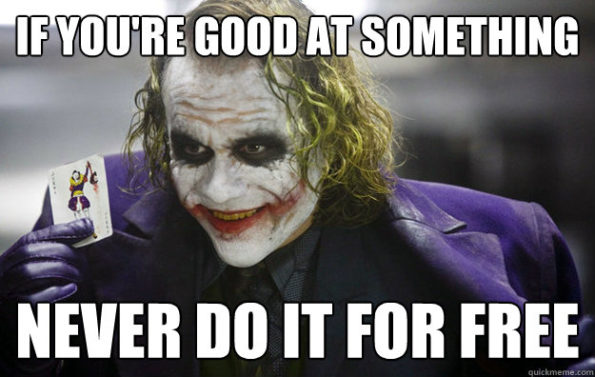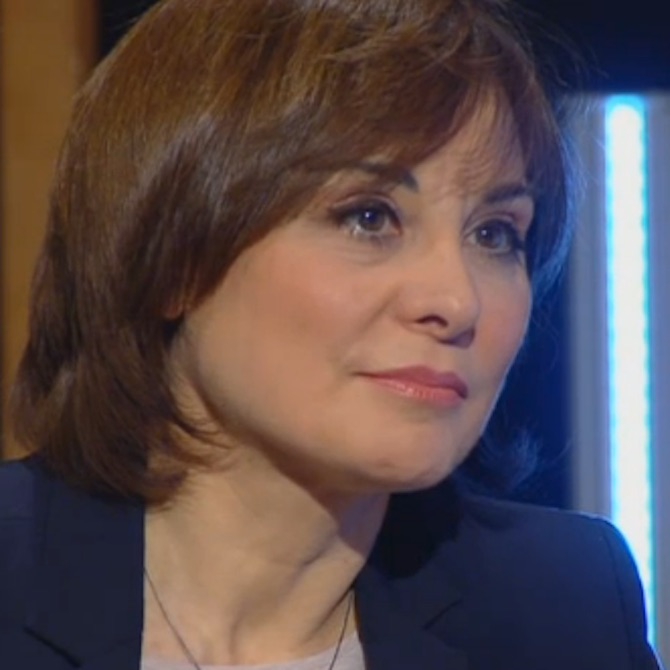Search
To search for an exact match, type the word or phrase you want in quotation marks.
A*DESK has been offering since 2002 contents about criticism and contemporary art. A*DESK has become consolidated thanks to all those who have believed in the project, all those who have followed us, debating, participating and collaborating. Many people have collaborated with A*DESK, and continue to do so. Their efforts, knowledge and belief in the project are what make it grow internationally. At A*DESK we have also generated work for over one hundred professionals in culture, from small collaborations with reviews and classes, to more prolonged and intense collaborations.
At A*DESK we believe in the need for free and universal access to culture and knowledge. We want to carry on being independent, remaining open to more ideas and opinions. If you believe in A*DESK, we need your backing to be able to continue. You can now participate in the project by supporting it. You can choose how much you want to contribute to the project.
You can decide how much you want to bring to the project.

Every month, the guest editor of A*DESK raises relevant issues to help understand our present. This month, we have invited ourselves to be editors in order to analyze an issue of vital importance, one that affects us directly: the financing of culture or, in other words, how to make cultural projects economically viable and sustainable?
Everyone agrees that culture is a basic good and that is how it is considered in social terms. However, in economic terms this is not the case. It has always been difficult to make a living from creative work or as a cultural professional. Family support or parallel jobs have always been there, although rarely are they talked about. This situation, however, has become more dire. The new paradigms of the world economy make everything much more complicated. There are relevant published studies on the economic conditions of creation. To cite just one: La Actividad Económica de los/las Artistas en España. Estudio y análisis [The Economic Activity of Artists in Spain. A Study and Analysis], by Marta Pérez Ibañez and Isidro López-Aparicio, published by the Antonio de Nebrija Foundation (2016). And more recently, Arte (in) útil. Sobre como el capitalismo desactiva la cultura, [Useless Art. How capitalism desactivate culture] by Daniel Gasol, published by Rayo Verde.
Artists, creators, and cultural workers function as companies that need large, prior investments (renting a studio, materials, equipment, travel, etc.) to be able to produce projects whose income is used to cover living costs (housing, supplies, food, clothes) and, hopefully, to fund the next project. If to this we add the irregularity of income and the delay in getting paid (not counting the time dedicated to sending gentle reminders), it is not surprising that the financial balance is often negative.
Ways in which artists working with music, writing, visual arts, film and audiovisual, and video games generate an economically sustainable situation and make a living from their work is the topic that we discuss this month. It has also been a focus of our reading this summer, with the book The Death of the Artist: How Creators Are Struggling to Survive in the Age of Billionaires and Big Tech by William Deresiewicz. From a closer perspective and with more specific information, the work of PAAC stands out, a non-profit organization that ensures social cohesion and the professionalization of visual arts groups, offering a multitude of resources, information, open-calls, and advice.
To analyze this issue from different perspectives, we spoke with four experts who shared with us their vision and analysis of the situation. We started the month by talking with José Guirao about, among other topics, the need to implement the Artist Statute to equate work in culture with work in other sectors, about the need for the education of patrons, and how the entire cultural sector must act together in their demands. With Carmen Paez we talked about cultural industries, the aid that is offered by the Ministry of Culture, and about the pedagogy to generate economically sustainable cultural projects. We discussed the issue of patronage with Maite Esteve, director of the Catalunya Culture Foundation, which has made the reform of the current Patronage Law one of their top objectives. Finally, with Olivier Schulbaum, from Platoniq/GOTEO, we discussed the world of activism, of crowdfunding and of citizen (and administrative) involvement in the financing of social and cultural projects.

Montse Badia has never liked standing still, so she has always thought about travelling, entering into relation with other contexts, distancing herself, to be able to think more clearly about the world. The critique of art and curating have been a way of putting into practice her conviction about the need for critical thought, for idiosyncrasies and individual stances. How, if not, can we question the standardisation to which we are being subjected?
www.montsebadia.net
"A desk is a dangerous place from which to watch the world" (John Le Carré)